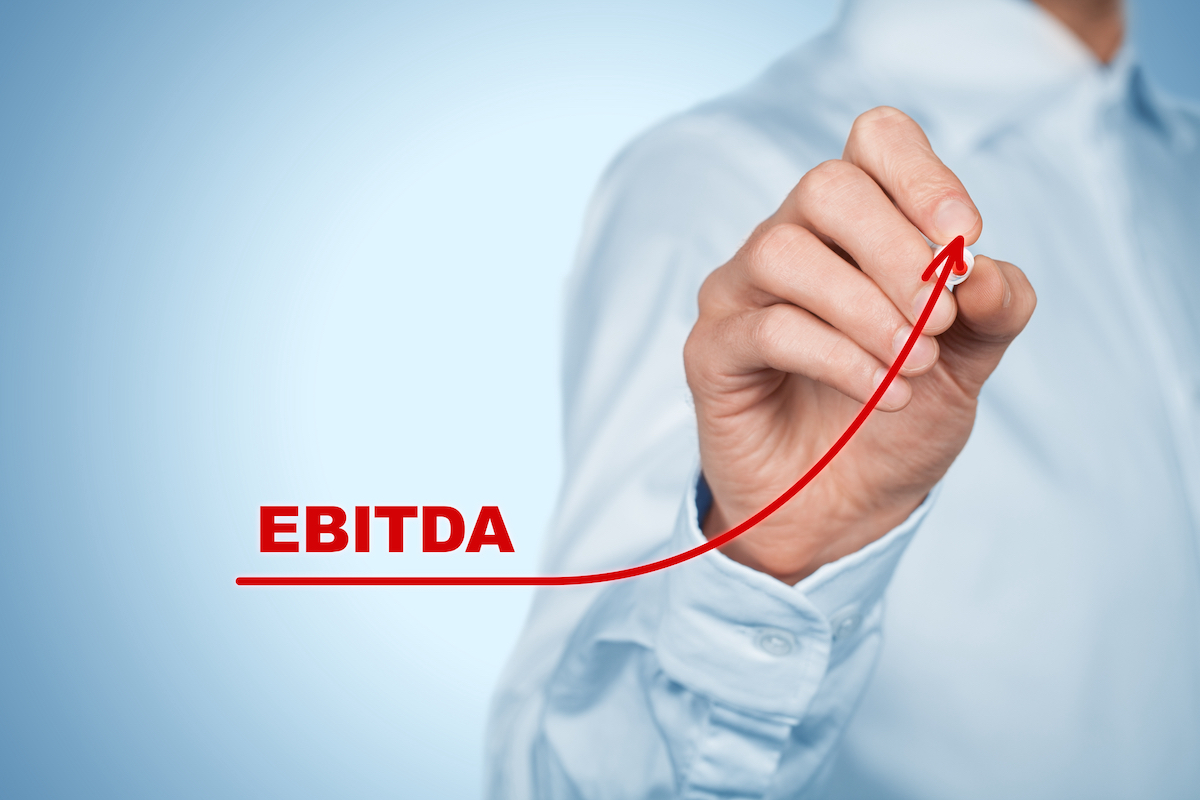
How to Understand Adjusted EBITDA and Use It To Your Advantage
EBITDA (Earnings Before Interest, Taxes, Depreciation, and Amortization) has become the standard value metric when it comes time to sell a business.
It is what both buyers and sellers look to in order to determine the value of the company in question. While many factors come into play when a business changes owners, nothing gives everyone involved a better snapshot of that company’s health and value than its EBITDA.
Generally speaking, the higher the EBITDA, the higher the price. Valuation companies like ours apply industry-standard multipliers to the EBITDA of the business being sold to arrive at its current market worth. That’s a simplified explanation, however, and things are rarely that clear cut.
Why You Can’t Treat All Businesses The Same
If every company was basically the same, we’d be out of a job. Since every business is unique, every transaction has to be handled uniquely.
Certainly, there are many things that every business will have in common. But when you run a business for any length of time, a lot of irregular items inevitably find their way into the mix. That’s why valuation companies like ours prefer to use Adjusted EBITDA instead.
What is Adjusted EBITDA?
Adjusted EBITDA (also known as “Normalized EBITDA”) is simply a company’s standard EBITDA with any irregular variables added in or taken out.
This measure gives the parties involved a much more accurate picture of that particular business’s cash flow in comparison to similar companies within their industry.
How is Adjusted/Normalized EBITDA Calculated?
The formula for Adjusted EBITDA is pretty straightforward, and it looks like this:
Net Income (E) + Interest (I) + Taxes (T) + Depreciation (D) + Amortization (A) +/- Adjustments (A) = Adjusted EBITDA
- Calculate your standard EBITDA. To do this, you’ll need to pull accurate information from your income statement, cash flow statement, and balance sheet. (Investopedia does a good job covering the question of “What is EBITDA?”)
- Add or Subtract Adjustments. While the following list isn’t exhaustive (only a detailed analysis performed by a qualified third-party company can uncover all the appropriate variables), Rarebrain.com lists these items as “The 7 Most Important EBITDA Adjustments When Selling Your Company”:
- Owner’s Lifestyle – How much of the business owner’s personal life was treated as a “business deduction”? (For example, was the bass boat used to entertain clients every weekend?)
- Owner’s Salary & Bonuses – Some owners pay themselves a lot more than a hired CEO would make, and others don’t pay themselves nearly enough. The owner’s salary needs to be compared to market standards based on roles and responsibilities, and then adjusted up or down accordingly.
- Family Members Wages – If family members of the original owner leave when the business sells, their (often inflated) salary will no longer be an expense.
- Start-up Costs and One-Time Expenses – Many of the things we buy in business aren’t going to be repeating costs.
- Lawsuits & Professional Fees – If the company has incurred any legal expenses, coaching, or project fees that aren’t going to be part of the picture moving forward, those need to be accounted for. This also goes for other extraordinary or non-recurring expenses.
- Rent – Make sure any rent the company is paying is a market rate for the location and type of facility being used by the business.
- Repairs & Maintenance – Make sure all capital expenses are considered in the EBITDA calculation. Leaving them out could give you a value that isn’t realistic.
- Apply Multiples. Once you’ve got an accurate Adjusted EBITDA, it’s just a matter of working with a knowledgeable valuation firm to discover an appropriate multiplier for Adjusted EBITDA. Only then can you get a solid determination of the worth of your business to potential buyers.
We cover the topic of EBITDA multiples more in this post from March 2020: “What You Need to Know About Market Multiples”.)
Trust an Experienced Pro
When it comes time to buy or sell a business, make sure that you have the most accurate information before you begin. The best way to ensure that the transaction is clean and correct is to partner with a trusted valuation firm.
Southard Financial has been helping business owners buy and sell for over 30 years. We’ve worked with almost every industry imaginable, and have served companies that range from small startups to corporate giants.
Don’t leave money on the table (or let too much leave your wallet). Schedule a call with our valuation experts to make sure you get the best deal possible.






